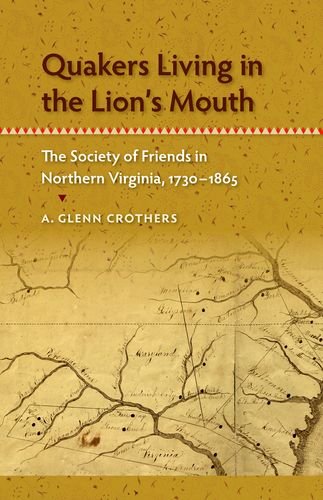

Most ebook files are in PDF format, so you can easily read them using various software such as Foxit Reader or directly on the Google Chrome browser.
Some ebook files are released by publishers in other formats such as .awz, .mobi, .epub, .fb2, etc. You may need to install specific software to read these formats on mobile/PC, such as Calibre.
Please read the tutorial at this link: https://ebookbell.com/faq
We offer FREE conversion to the popular formats you request; however, this may take some time. Therefore, right after payment, please email us, and we will try to provide the service as quickly as possible.
For some exceptional file formats or broken links (if any), please refrain from opening any disputes. Instead, email us first, and we will try to assist within a maximum of 6 hours.
EbookBell Team

4.4
62 reviews“A major contribution to our understanding of the American South and the history of American religion and reform.”—Dee E. Andrews, author of The Methodists and Revolutionary America, 1760–1800
“A model study of an antislavery, reformist minority trying to find its place in the Antebellum South.”—Thomas D. Hamm, author of The Transformation of American Quakerism: Orthodox Friends, 1800–1907
This examination of a Quaker community in northern Virginia, between its first settlement in 1730 and the end of the Civil War, explores how an antislavery, pacifist, and equalitarian religious minority maintained its ideals and campaigned for social justice in a society that violated those values on a daily basis.
By tracing the evolution of white Virginians’ attitudes toward the Quaker community, Glenn Crothers exposes the increasing hostility Quakers faced as the sectional crisis deepened, revealing how a border region like northern Virginia looked increasingly to the Deep South for its cultural values and social and economic ties.
Although this is an examination of a small community over time, the work deals with larger historical issues, such as how religious values are formed and evolve among a group and how these beliefs shape behavior even in the face of increasing hostility and isolation.
As one of the most thorough studies of a pre–Civil War southern religious community of any kind, Quakers Living in the Lion’s Mouth provides a fresh understanding of the diversity of southern culture as well as the diversity of viewpoints among anti-slavery activists.